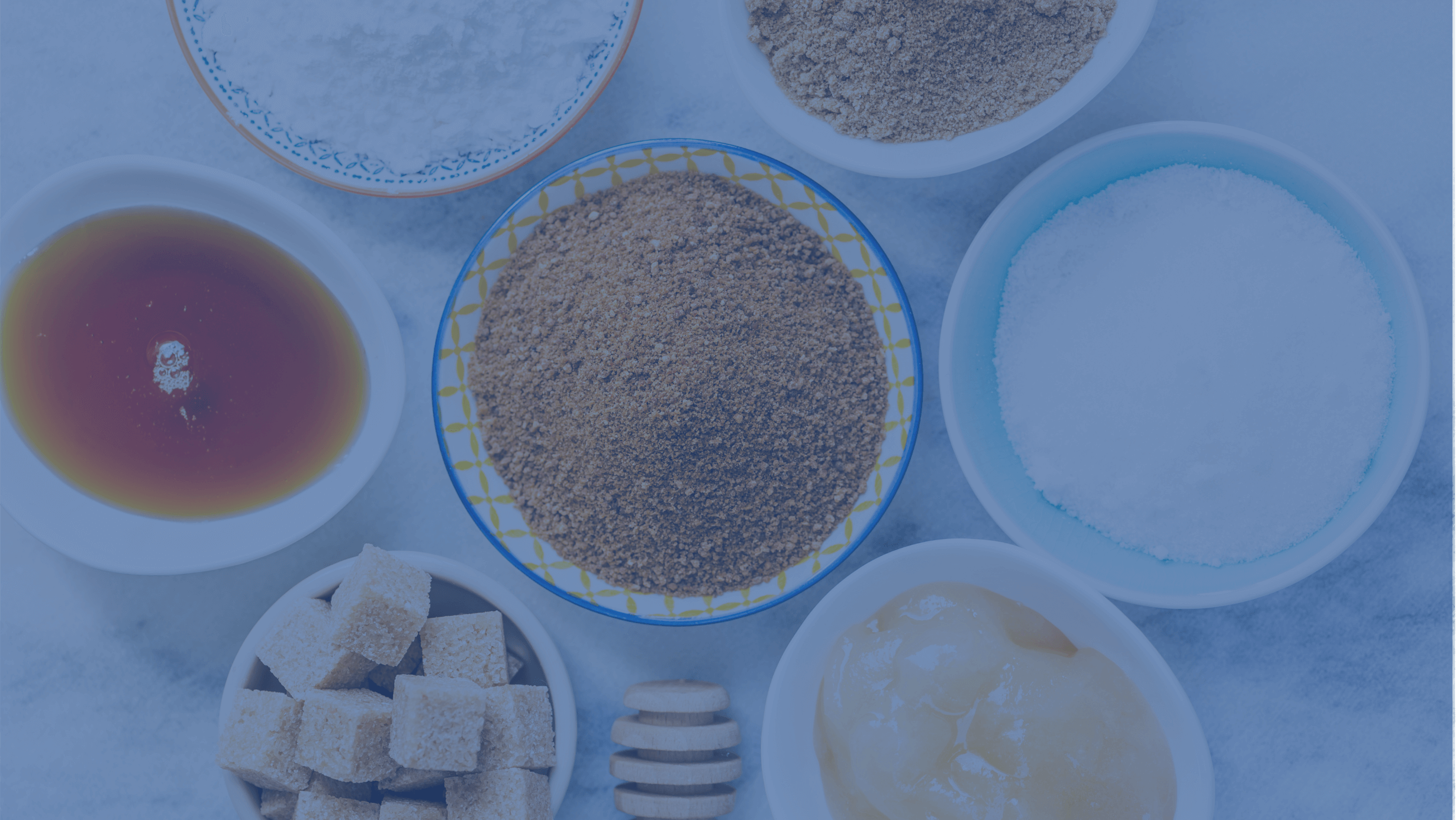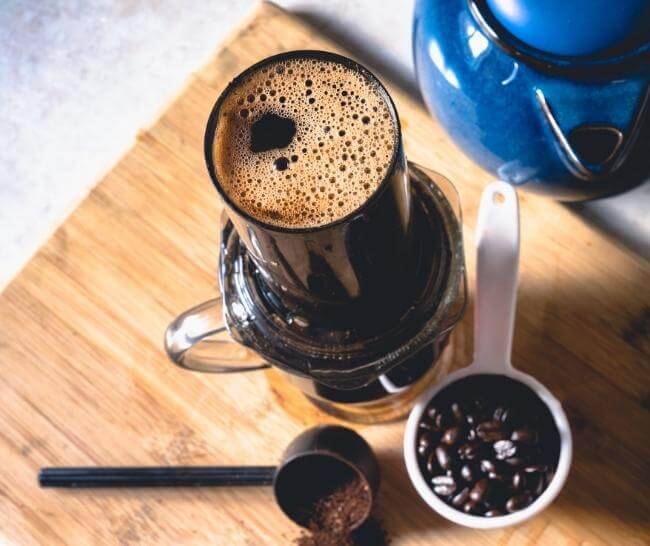Water is the primary component of our bodies, comprising about 60% of our total body weight. Proper hydration is vital for overall well-being. Dehydration, even in mild forms, can lead to fatigue, dizziness, and impaired concentration.
With the proliferation of electrolyte supplements and sports drinks, it's essential to understand their true benefits and whether they are necessary for everyone. By exploring the role of electrolytes in the body and their sources, this article will help readers make informed decisions about their hydration needs.
{{mid-cta}}
Understanding Electrolytes
Essential electrolytes, such as sodium, potassium, and magnesium, are crucial for various physiological functions, including maintaining fluid balance, supporting nerve function, facilitating muscle contractions, and regulating acid-base balance. When we sweat, urinate, or lose fluids through other means, we also lose electrolytes, which must be replenished to sustain these critical functions.
Electrolyte Imbalance
One common cause of electrolyte imbalance is dehydration, which can result from not drinking enough fluids, excessive sweating, or illnesses that cause vomiting or diarrhea. When the body loses more fluids than it takes in, it also loses electrolytes, leading to an imbalance. On the other hand, overhydration, or drinking too much water, can dilute the concentration of electrolytes in the blood, causing a similar imbalance.
Symptoms of an electrolyte imbalance can vary depending on which electrolytes are affected and to what extent. The most common symptom is hyponatremia (low sodium), which causes headaches, confusion, nausea, and delirium. Other symptoms can include:
- Hypernatremia (high sodium): racing heartbeats, sleep issues, restlessness
- Hypokalemia (low potassium): weakness, fatigue, muscle twitching
- Hyperkalemia (high potassium): arrhythmias, muscle cramps, overall muscle weakness, and muscle breakdown or damage.
Recognizing these symptoms and their potential causes can help effectively manage and prevent electrolyte imbalances.
Sources of Electrolytes

Maintaining proper electrolyte levels can be achieved through a balanced diet rich in various foods.
Whole Foods
Fruits and vegetables are excellent sources of electrolytes. Bananas and oranges are well-known for their high potassium content, while spinach and kale provide good magnesium and calcium.
Dairy and Nuts
Dairy, nuts, seeds, and whole grains contribute to your electrolyte intake by providing calcium, magnesium, and potassium. Cow’s milk provides a unique blend of electrolytes, carbohydrates, and protein, making it a perfect recovery drink for many athletes. Don’t want to drink straight milk? Use it as a base for a protein shake.
Coconut Water
Coconut water is rich in electrolytes and also contains sodium, calcium, and magnesium. It is a gluten-free option, but given its high carb count, it may not be the best choice for people following a low-carb eating style, like keto.
Supplements
In addition to dietary sources, electrolyte supplements can help maintain balance, especially for athletes, who excrete more electrolytes during physical activity. Sports drinks, like Gatorade, are a popular choice to replenish electrolytes lost through sweat during exercise. These drinks often contain a mix of sodium and potassium, along with carbohydrates for energy. Review the nutritional labels to choose sugar-free electrolyte drink options if you are watching your blood sugar.
Tablets and Powders
Electrolyte tablets and electrolyte drink mix powders are convenient options that allow you to customize your intake by adding them to water. Specialized hydration products, such as electrolyte-enhanced water and electrolyte powder, provide a straightforward way to ensure you're getting the necessary minerals, often with added benefits like lower sugar content than traditional sports drinks.
Electrolytes and Physical Activity
Electrolytes play a crucial role during exercise, as physical activity increases the body's demand for these essential minerals. When you exercise, you sweat, and this sweat contains electrolytes. As you sweat more, particularly during intense or prolonged exercise, you lose significant amounts of these electrolytes, leading to potential depletion. This loss can affect your body's ability to maintain fluid balance, muscle function, and overall performance.
Athletes should pay attention to their electrolyte intake before, during, and after workouts. Pre-workout, consuming foods or drinks rich in electrolytes is beneficial to ensure your body starts with adequate levels. During the workout, especially if it's long or intense, drinking sports drinks or electrolyte-enhanced water can help replenish the electrolytes lost through sweat. Post-workout, restoring electrolytes to aid in recovery and rehydrate effectively is essential. This can be done by combining electrolyte-rich foods and beverages, ensuring that your body recovers properly and is prepared for the next physical activity session.
<div class="pro-tip"><strong>Also Read: </strong><a href=benefits-of-electrolyte-water>Top Health Benefits of Electrolyte Water</a>.</div>
Evaluating the Hype
Electrolyte supplementation offers several benefits, especially for those who have higher needs or face situations that cause significant electrolyte loss. Electrolytes help the body retain the right amount of water in cells, ensuring optimal hydration levels, which is crucial for all bodily functions. For athletes, supplementation can enhance performance by preventing muscle cramps, sustaining energy levels, and supporting efficient muscle contractions. By maintaining proper electrolyte levels, athletes can perform better and recover faster. Additionally, electrolyte supplements can help prevent dehydration-related issues such as fatigue, dizziness, and confusion, which can occur when the body loses too many electrolytes.
However, there are potential downsides to consider. Overconsumption of electrolyte supplements can lead to health risks. For example, too much sodium can increase blood pressure, and excessive potassium can cause heart issues. It’s essential to use supplements as directed and not exceed recommended amounts. Additionally, there is a lot of misinformation surrounding electrolyte products. Many are marketed as essential for everyone, which isn’t always true. People with a balanced diet may not need additional supplementation. For most people, focusing on a balanced diet is a more cost-effective and nutritious way to maintain electrolyte balance.
Practical Tips for Maintaining Electrolyte Balance

Maintaining a balanced diet is key to ensuring optimal electrolyte intake. Hydration strategies vary depending on your lifestyle and activity level. For athletes, it's crucial to maintain electrolyte balance before, during, and after workouts. Drinking sports drinks or electrolyte-enhanced water can help replenish the minerals lost through sweat, preventing dehydration and supporting performance.
Maintaining hydration is about regular water intake and a balanced diet for the general population. Drinking water throughout the day and incorporating electrolyte-rich foods into your meals will help keep your body hydrated and functioning well. In hot climates or during physical activities, consider adding an electrolyte drink to your routine to compensate for increased sweat loss.
The Bottom Line
The hype around electrolytes primarily stems from their critical role in hydration, especially in scenarios involving significant fluid loss, such as intense exercise, hot climates, or illnesses causing vomiting or diarrhea. In these situations, electrolyte supplements like sports drinks or tablets can be beneficial in replenishing lost minerals and supporting optimal hydration levels. However, excessive reliance on electrolyte supplements may be unnecessary for the average individual with a normal lifestyle and diet. It can lead to unnecessary costs or potential health risks associated with overconsumption.
Learn More About How to Improve Blood Sugar Health With Signos’ Expert Advice
Are you interested in learning more about how electrolytes can benefit your overall health? Signos can help. Our continuous glucose monitoring system enables you to incorporate changes to your nutrition and lifestyle to manage your blood sugar, weight, and energy levels.
See how membership in Signos empowers you to interpret your body’s signals and manage your metabolic health. Complete this short quiz to discover how Signos can help you lose weight and improve your well-being.
<div class="pro-tip"><strong>Learn More: </strong><a href=hydrating-summer-beverages>6 Beverages to Keep You Hydrated This Summer</a>.</div>
- Item 1
- Item 2
- item 3


.jpg)







.jpg)





















